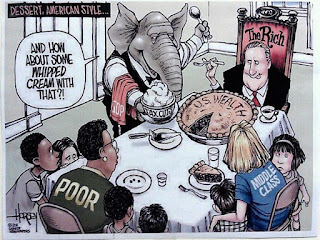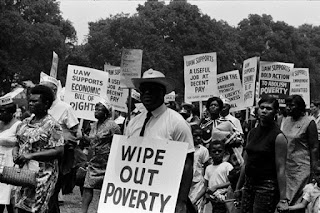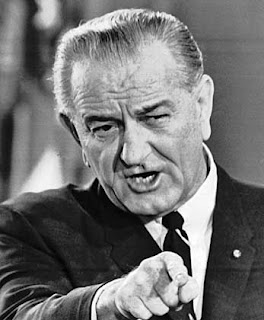Reading Is My Passion And Was A Key To My Success

I have two real passions in life: listening to jazz and reading books. I'll save for another day, a discussion about my love of jazz. For now, I'll use some of the space on my blog to talk about books. I admit that I own a lot of books. My colleagues who drop by my office often crack jokes about how I'm running out of space for books. I can't prove it scientifically, but I believe that if a scientist sequenced my DNA, they would find buried somewhere in that long molecule cells coded for the two things I love to do the most, listening to jazz and reading. The bookcases in my home and office are stacked with books. I have books laying on top of books on my bookshelves (some books are even in stacks on my floor). I have boxes of books in my closet and in my storage space in the basement of my complex. Most of the books in my office are about race, gender, and class. I have books on race and politics, autobiographical and biographical books about important historical figur



